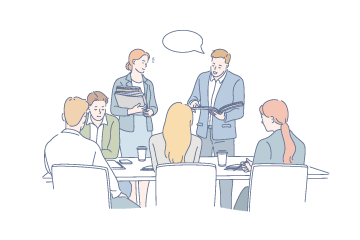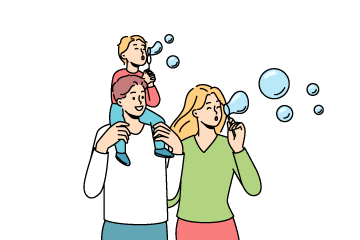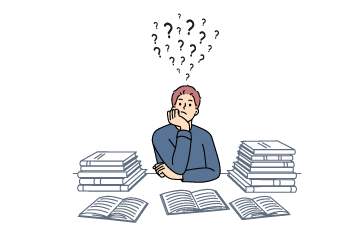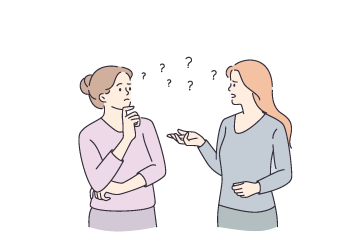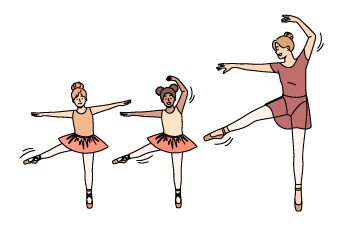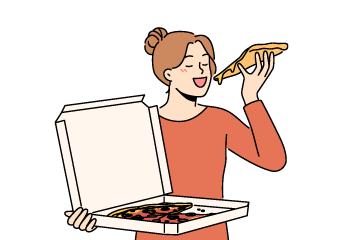Содержание [показать]
Представьте, что кто-то произносит вслух фразу. Если позже мы хотим рассказать кому-то о словах этого человека, то мы используем для этого косвенную речь.
Давайте сравним два предложения.
- Jack: "I love chocolate."
- Jack says (that) he loves chocolate. (косвенная речь)
В первом случае человек произносит фразу, это прямая речь (direct speech).
Во втором – мы передаём слова этого человека в косвенной речи (reported speech).
Когда речь идёт о каком-то постоянном факте, как в нашем примере, или же глаголы say или tell находятся в настоящем, нам не нужно менять время. Единственное, мы следим, чтобы использовать правильное местоимение. Если же глаголы say и tell находятся в прошлом, времена в предложении меняются.
- Jack: "I love chocolate."
- Jack said (that) he loved chocolate.
Как меняются глаголы
Present Simple
- I like sweets. – She said (that) she liked sweets.
Present Continuous
- I am reading a book. – She said (that) she was reading a book.
Past Simple
- I walked in the park. – She said (that) she had walked in the park. / She said (that) she walked in the park. (2 варианта верны)
Past Continuous
- I was singing a beautiful song. – She said (that) she had been singing a beautiful song.
Present Perfect
- I haven't visited my friends. – She said (that) she hadn't visited her friends.
Past Perfect
- I had spoken Chinese before. – She said (that) she had spoken Chinese before.
will
- I'll call Jerry later. – She said (that) she would call Jerry later.
would
- I would call. – She said (that) she would call.
Важно: слово that находится в скобках, потому что вы можете использовать его, а можете и нет.
can
- I can swim well. – She said (that) she could swim well.
could
- I could ride a bike when I was six. – She said (that) she could ride a bike when she was six.
shall
- I shall take the exam later. – She said (that) she would take the exam later.
should
- I should help my best friend. – She said (that) she should help her best friend.
might
- I might be late. – She said (that) she might be late.
must
- I must do housework on Saturday. – She said (that) she must do housework on Saturday. / She said she had to do housework on Saturday. (2 варианта верны)
Слова-указатели времени в косвенной речи
Иногда при переходе из прямой в косвенную речь необходимо поменять и указатель времени. Это не всегда нужно. Зависит от того, когда мы слышали фразу в прямой речи и когда переводим её в косвенную.
Представим, что сегодня среда и наш друг Джек говорит, что учится сегодня.
It's Wednesday. Jack says "I'm studying today". Теперь посмотрим, что будет в косвенной речи.
- Если сегодня среда, то мы говорим: "Jack said he was studying today".
- Если сегодня четверг, то мы говорим: "Jack said he was studying yesterday".
- Если сегодня пятница, то мы говорим: "Jack said he was studying on Wednesday".
- Если рассказываем об этом через месяц: "Jack said he was studying that day".
Кажется, что это сложно, но всё дело практики. Просто думаем о том, когда происходит ситуация. Вот примеры слов и как они меняются:
- now – then / at that time
- today – yesterday / that day / Wednesday / the 15th of February
- yesterday – the day before yesterday / the day before / Wednesday / the 4th of october
- last night – the night before, Sunday night
- last week – the week before / the previous week
- tomorrow – today / the next day / the following day / Tuesday
Более подробно изучить тему Reported Speech вы можете на курсе Intermediate.
